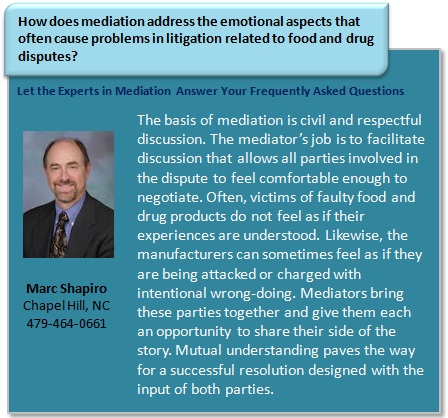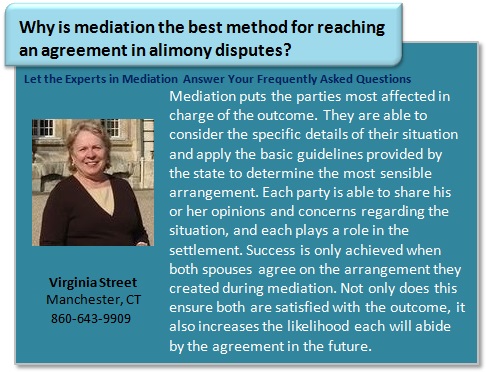
Image courtesy of adamr / freedigitalphotos.net
Alternative forms of dispute resolution are extremely effective for settling issues related to computers and software. These types of business disputes can be extremely complex. Mediation and arbitration make it easier to get to the heart of the dispute and find a resolution that works for everyone involved.
How Do You Know Your Case is Right for Mediation or Arbitration?
- Are you looking for an unorthodox resolution to a complex dispute, so the one-size-fits-all formula of litigation will likely not resolve the issue completely?
- Have you attempted to settle the issue “on your own” and gotten nowhere?
- Do you want to avoid the expense and distraction of taking the dispute to court?
- Does the dispute relate to fraud, intellectual property, or contractual issues?
- Would you prefer oversight from an expert in a particular field?
If you answered yes to one or more of these questions, ADR could be the right tool to help you settle your dispute.
What ADR Options are Available for Settling Disputes Related to Software and Computers?
- Mediation: This puts the disputing parties in complete control of negotiations and the outcome of the dispute. Mediation is not successful unless both sides of a dispute agree to a settlement.
- Arbitration: Is just as informal as mediation, but utilizes a neutral third-party to determine the outcome of the dispute. In mediation the third party facilitates discussion; in arbitration that third party is the decision maker.
To determine whether arbitration or mediation would be better for settling your dispute, consider the role you want the neutral third-party to play in the process. Also think about whether he or she needs specific qualifications or expertise (especially important in disputes related to software and computer issues), and determine whether you want to be bound by the outcome. In mediation, you have final say in the matter, but in arbitration, you must abide by the decision of the mediator.
Settling disputes related to computers and software does not need to be the hassle it is when litigation is used. By exploring alternative dispute resolution methods, you are opening the door to an efficient, cost-effective, and mutually beneficial outcome.









